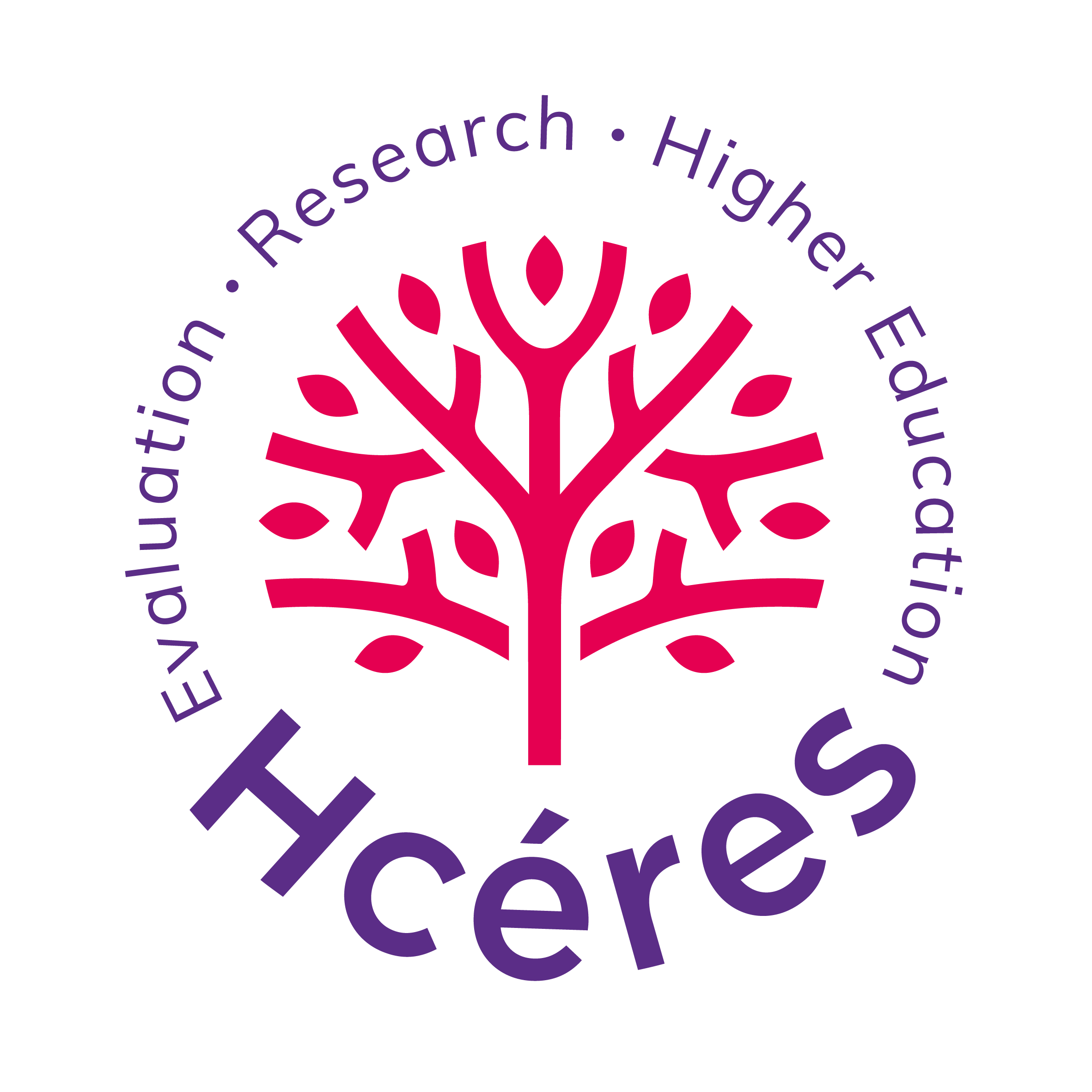Become an expert for Hcéres
Please note
- Only candidates who have never worked as experts for Hcéres may apply.
- Experts who are already in the pool but who have never carried out an evaluation do not need to apply.
- Experts who have already carried out an evaluation are invited to update their profile on this webpage.
-
Summary
Being an expert at Hcéres
By providing an external perspective, Hcéres experts offer an objective assessment that is useful to the evaluated entities, enabling them to adapt their strategy and achieve the goals they have set. External evaluations are carried out in a constructive atmosphere. Experts involved in the process can gain insights into new practices and share different points of view.
National and international experts are recruited for their experience, skills and technical expertise in a specific field and are mainly drawn from the world of higher education and research. Application from non-academic professionals are also welcomed.
Experts work in panels set up specifically for the type of evaluation to be carried out: higher education institutions, research units, study programmes, national research organisations and international evaluations.
-
Types of evaluation at Hcéres
Principles of evaluation
The Hcéres evaluation is a peer review.
Hcéres appoints experts in accordance with the principles of neutrality, balance, absence of conflicts of interest, independence and integrity laid down in the French Research Code.
Each experts panel is lead by a chairperson who ensures that the evaluation is carried out on a collegiate basis.
The evaluation report, published on the Hcéres website, is signed by the chair of the expert panel, on behalf of the panel, and by the president of Hcéres.
The evaluated entities are invited to submit their observations at the end of the process.
Conflicts of interest
The relationship of trust between the parties involved in the evaluation is based on the application of certain ethical rules: transparency, equal treatment, publicity and competence.
However, the integrity of an evaluation process can be compromised by relationships that constitute a conflict of interest.
This video provides examples of how to identify situations where potential conflicts of interest may arise between experts and the entities being evaluated, and how to change the trust between the parties involved in the evaluation.
Expertise at Hcéres
The evaluations conducted by Hcéres involve a large number of experts, grouped together in a specific committee for each evaluation.
How to apply ?
You do not apply directly to evaluate a specific entity, but to join a pool from which the evaluation panels are formed.
Depending on the type of evaluation you are applying for, the responsible evaluation department at Hcéres will pay particular attention to your previous positions and any relevant experience in higher education and research.
-
For the evaluation of institutions, research units, study programmes and international evaluation, click here
-
For the evaluation of research organisations, please send a CV and covering letter to Email.


